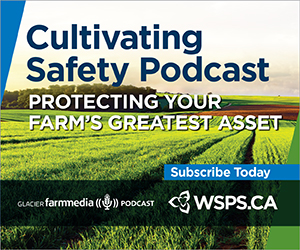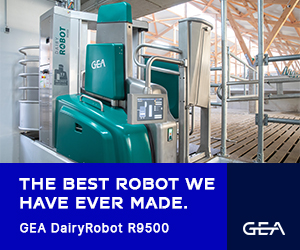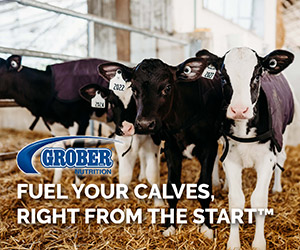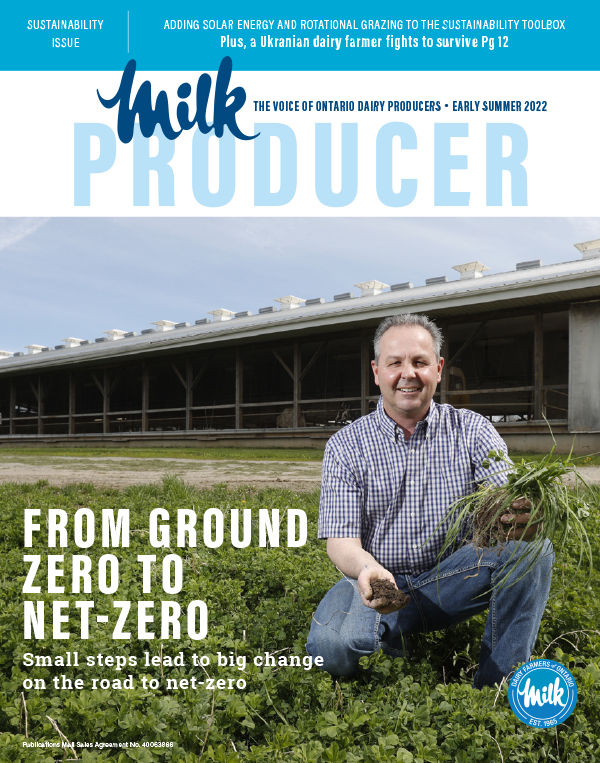
On The Cover:
From Ground Zero to Net-Zero
Kevin MacLean is taking the bull by the horns. He’s choosing his own path toward sustainable dairy operations and he’s doing it before government environmental regulators do it for him, he says. Like previous generations of farmers, he’s one of many Ontario dairy producers doing their part as stewards of the environment today.
More from this issue

Crisis in Ukraine
While dairy farmers in Ontario suffer higher costs of production triggered by Russia’s invasion of Ukraine, their Ukranian counterparts are struggling to survive.
Dairy farmers like Andrii Pastushenko have been forced to slaughter their cows to find ways to feed farm staff and local villagers.

Solar Energy
Remco and Karen Brinke were tired of seeing their electricity bills go up every year and decided it was time to do something about it. Today, the roof of their heifer barn is home to a 150 kw AC (180 kw DC) solar photovoltaic (PV) system that offsets 95 per cent of their power consumption.

Soil Health
The agronomic benefits of soil health practices are well known, from improving yield and boosting soil organic matter to improving resilience to drought and excess moisture. Now, a new study from the Greenbelt Foundation and University of Guelph researchers shows there’s economic benefit to these practices too.
Simply put, soil health pays.
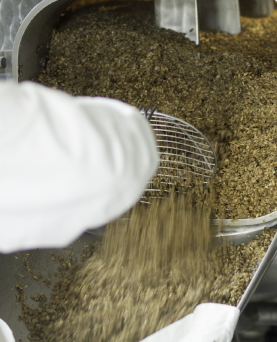
Spent Grains
When it comes to implementing sustainable practices, farmers need to make decisions that are right for their farm.
“It’s not about putting practices in place that are so expensive that they run out of business. It’s about how do they make their farm business better able to handle and adapt to the future for their son or daughter taking over the farm,” says Brian Lindsay, director for the Dairy Sustainability Framework, an organization developed to provide overarching goals and alignment of the sector’s actions globally on the path to sustainability.
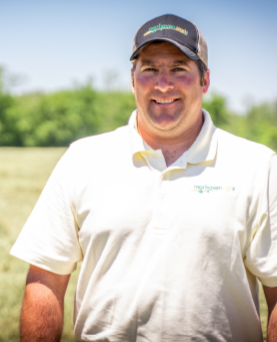
Grazing
Rotational grazing is a beneficial management practice in reducing greenhouse gas emissions and increasing soil carbon sequestration.
The federal government is recognizing the sustainability of the practice and recently announced an investment of up to $10 million through its On-Farm Climate Action Fund (OFCAF) and the Canadian Forage and Grassland Association (CFGA). The funding will support farmers in planning and implementing rotational grazing practices.
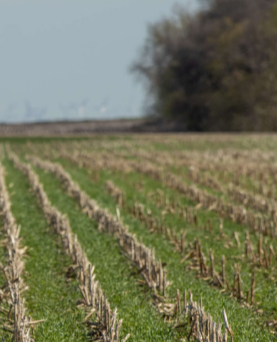
Small Changes
For all the responsibility farmers carry from day-to-day, care for the environment at first glance can seem like a very large ask. However, farmers have already incorporated many changes to address greenhouse gas emissions, nutrient movement off-farm, and habitat preservation. What’s more, there are plenty of small steps farmers can do right now or this season on individual farms that add up to big changes — and nearly all add to the bottom line, too.
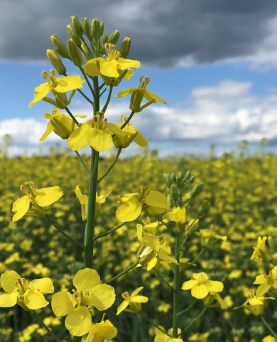
Canola Meal
Canola is contributing to the sustainable dairy production conversation.
With high protein content and an excellent amino acid profile, canola meal supports high levels of production in livestock, including dairy. It’s readily digested and highly palatable, making it an alternative to other vegetable proteins in livestock rations.



